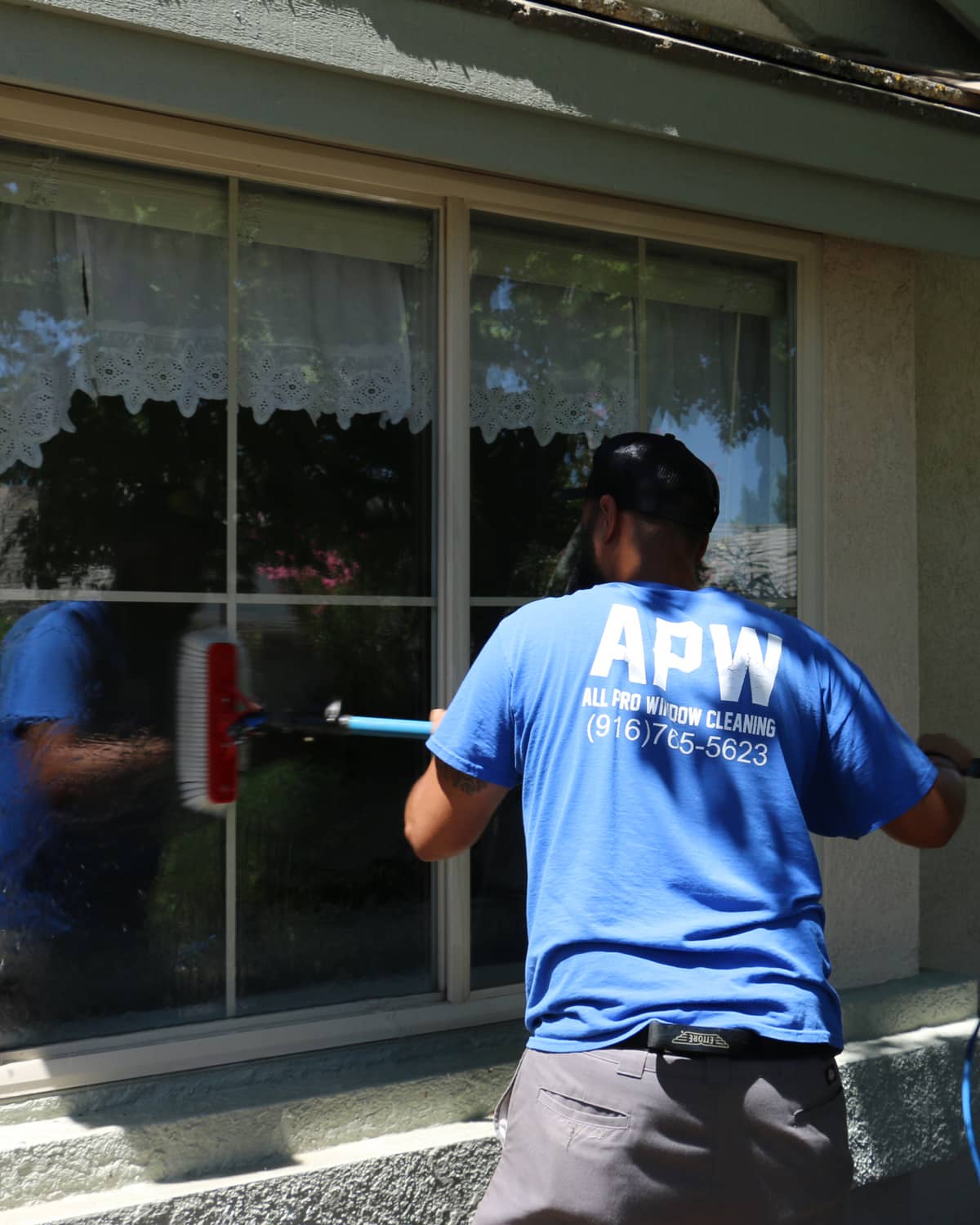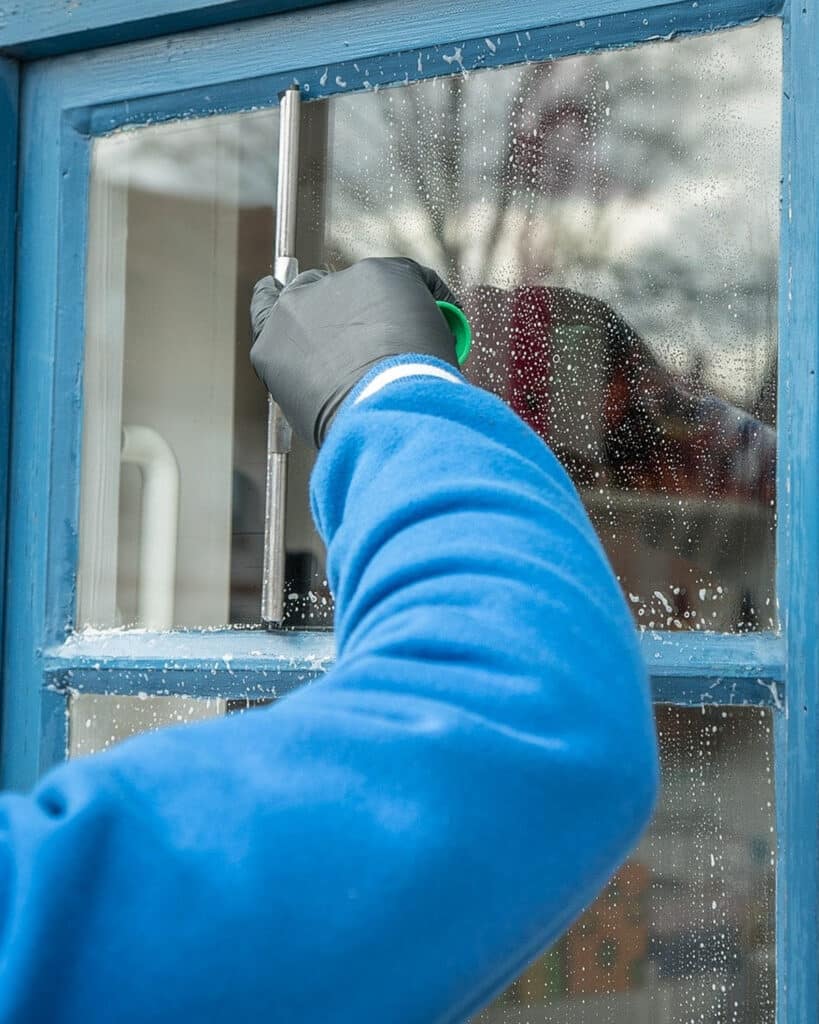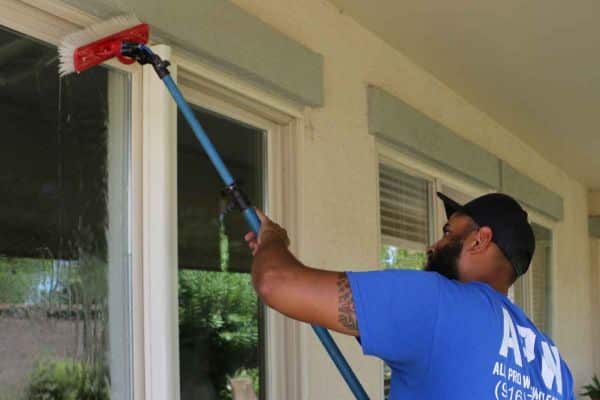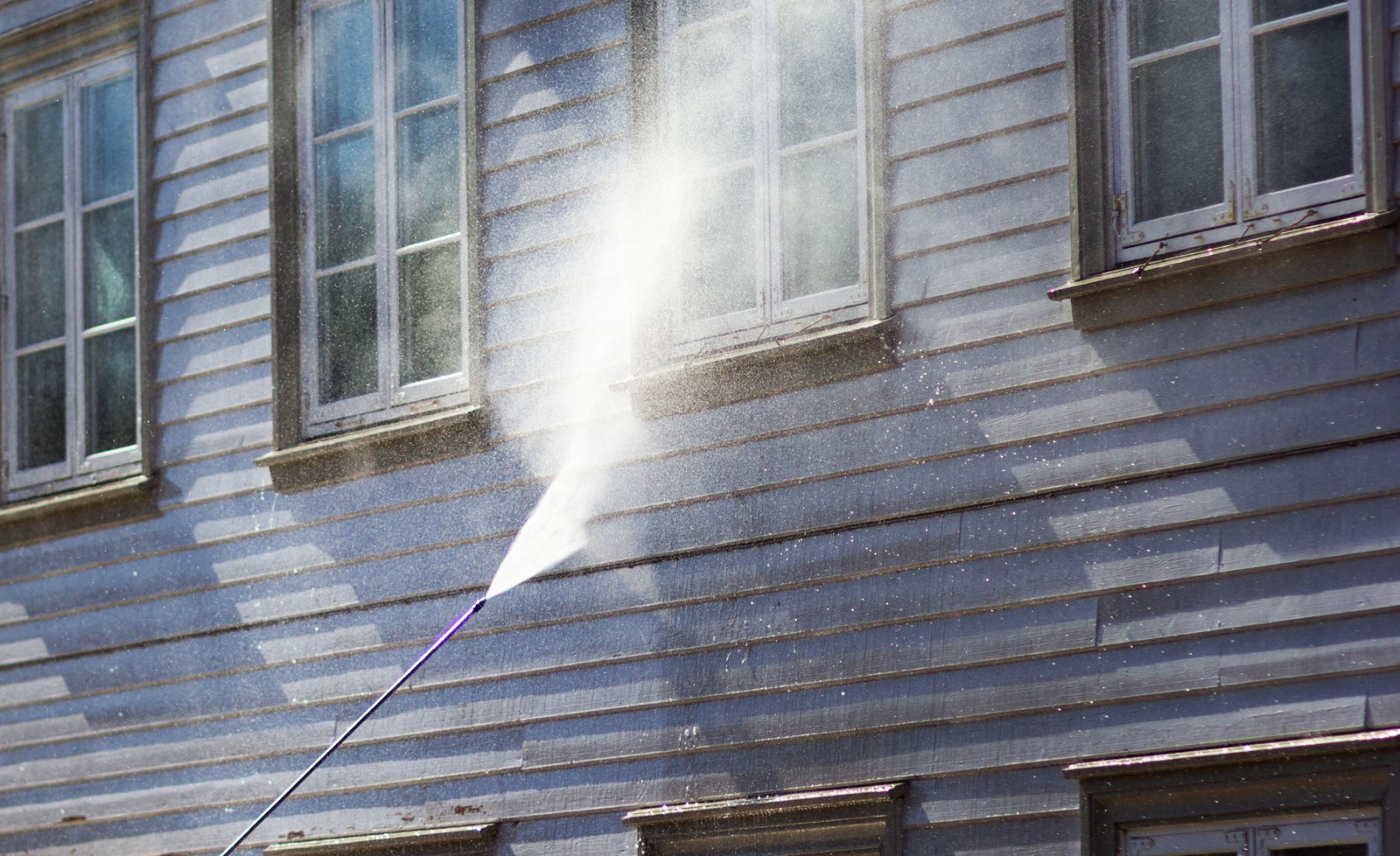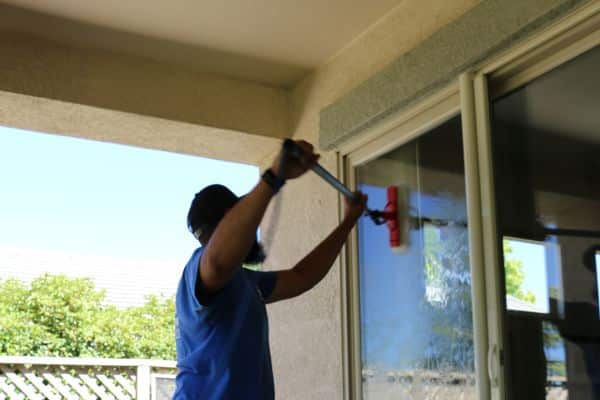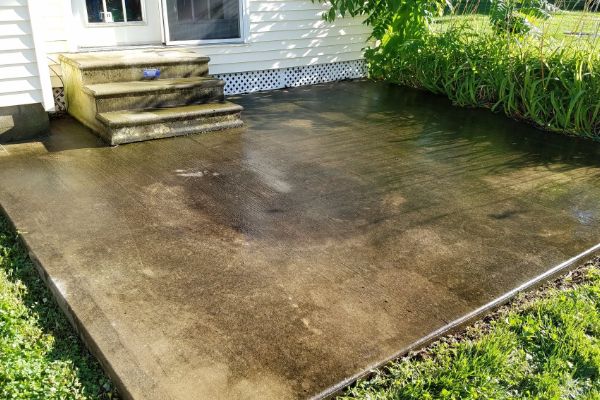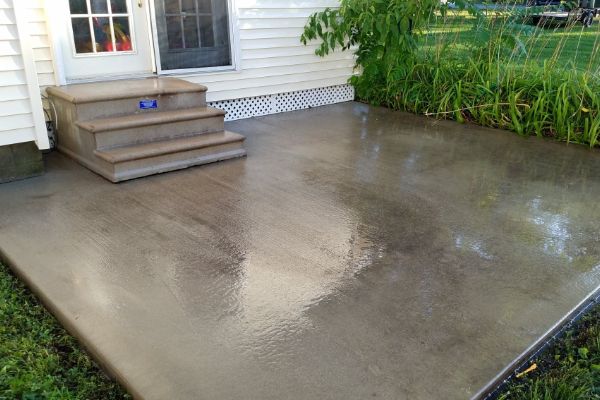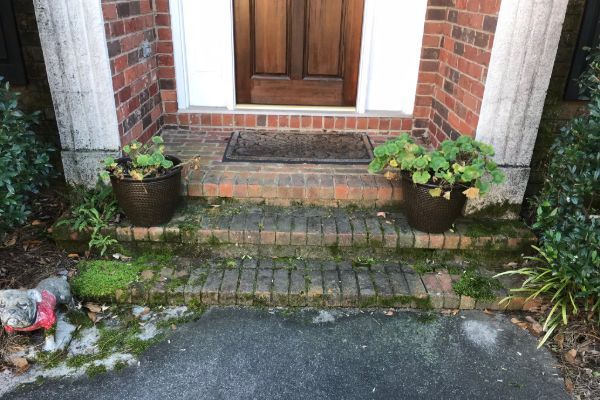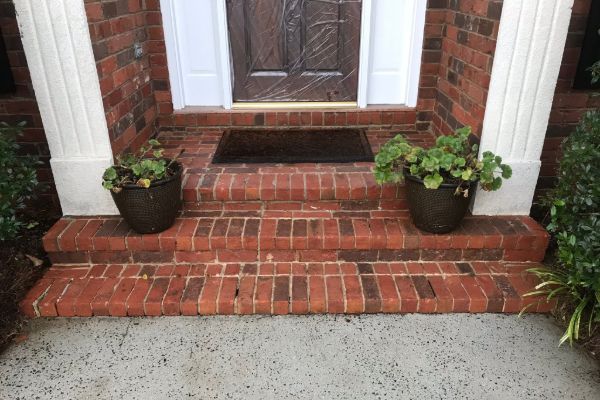Do you dread cleaning your windows on a regular basis? It’s understandable: window cleaning can be a time-consuming and tedious task. But there is no getting around it if you want to keep your windows looking their best. This blog post will teach you the importance of regular window cleaning and how often you should clean your windows for the best results. We’ll also give you some pointers on how to make window cleaning less of a chore, so you don’t dread it as much.
Cleaning Windows Frequently
Cleaning your windows on a regular basis has its own set of advantages. The most obvious benefit is that the windows always appear clean, with no streaks or dirt. Maintaining regular window cleaning can be beneficial for a business, as the cleanliness of the windows cleaned on a building’s exterior can reflect how it operates on the inside. Additionally, keeping your windows clean on a regular basis can help to extend their life and improve insulation.
However, some may oppose frequent window cleaning. Sunlight makes windows dirty faster, and depending on pollution, even regular cleanings may not be enough to keep them clean. Cities and construction sites may require more frequent, professional window cleaning services than on the outside of buildings. Maintaining frequent window cleaning can be tedious and take time away from serving customers or other important tasks.
Before deciding how often to clean windows, consider the pros and cons of residential window cleaning often. Each situation will depend on the home or business’s location and needs. In the next section, we’ll discuss how often to clean windows and offer tips for keeping them clean. How often should you clean windows?
How Often Should You Clean Windows?
The general consensus on how frequently you should clean your windows is influenced by a number of factors, including the type of window material, the local climate, and the amount of usage and traffic that occurs around the windows in question. Most experts agree that cleaning your windows at least once a year is essential, especially if you don’t regularly perform standard maintenance, such as wiping away debris and dust from the frames or sills. Many people also recommend cleaning windows twice a year, especially if they are made of materials that are prone to buildup and accumulation, such as vinyl or aluminum.
If you have allergies or live in a humid area, you may want to commit to a window cleaning routine. For those who want a consistent window cleaning service and schedule, twice-yearly or monthly window washings are options. Monthly cleanings are best for humid climates to keep dust, pollen, and other allergens out, but they take time and energy. Twice-yearly washes remove fingerprints and bird droppings from glass surfaces. However, choosing a frequency is a personal choice—what matters is that you clean your windows regularly.
Effects of Weather
The weather can have a large impact on how often you should be cleaning your windows. The more extreme the weather, the more attention you may need to pay to your windows. For example, if you live in an area that experiences particularly hot summers, it is important to keep an eye on the dust buildup. Dust off the window screens regularly and clean the windows of dirt and pollen at least once a month during the warm months.
Wet winter weather may require extra window cleaning services. Rain, snow, and ice can weaken window seals, allowing air leaks and condensation buildup that can fog windows. To avoid these effects, wipe windows every other week with a microfiber cloth or soft sponge.
Windy weather and extreme seasonal temperatures can increase the frequency of window cleaning. Leaves and pollen can quickly accumulate on window sills and frames in windy areas. Cleaning frames window panes and sills regularly will reduce pest infestations caused by rotting leaves and dead plant matter.
Many people underestimate how much weather affects window cleaning. Temperature, precipitation, and wind speed will help you determine how often to clean each pane of glass in each window frame in your home or office. Now that we know how to clean windows safely and efficiently, let’s move on to “Cleaning Solutions”.
Cleaning Solutions
When it comes to cleaning windows, many people feel uncertain as to what products they should use. Understanding the difference between chemical-based and natural cleaning solutions can help you make an informed decision about which is best for your windows.
Chemical-based cleaning solutions are usually made of ammonia and other ingredients that contain strong substances designed to dissolve dirt, dust, and grime quickly. While this is an effective way of getting your windows clean, the vapors released can be irritating and harmful to breathe in if they’re used in poorly-ventilated areas. In addition, if these types of cleaning solutions drip onto window frames or sills, they could potentially cause discoloration or damage.
On the other hand, natural cleaning solutions are composed of a combination of non-toxic ingredients like white vinegar or baking soda. While these may take longer to clean with than their chemical counterparts, they’re often less expensive, more environmentally friendly, and safer for your family to be around. Natural cleaning solutions are also generally gentler on surfaces, making them a great option for those who want to avoid the potential discoloration caused by chemical cleaners.
With so many different options available today, it’s important to find a cleaning solution that works best for you. Ultimately, deciding whether chemical-based or natural products are right for you comes down to personal preference. Consider the pros and cons of each type before deciding which one is best suited for your window cleaning needs.
Now that you know more about the types of cleaning solutions available to use, let’s move on to discussing what supplies should actually be used when cleaning windows.
According to the National Glass Association, most professionals recommend washing exterior windows twice a year and interior windows once a year.
A study conducted in 2012 found that, on average, people reported their exterior home windows were cleaned every 2.3 years, while the average time to clean interior windows was 3.2 years.
An experiment conducted in 2019 found that regularly cleaning windows can reduce dust accumulation by up to 40%.
What Should You Use to Clean Windows?
When it comes to window cleaning, there are a variety of products and tools designed for giving your windows a crystal-clear shine. It’s important to choose the right cleaning product for your windows; using the wrong one can cause damage. Sitting water, mineral streaks, or accumulations of dirt and debris are all signs that the wrong product was used.
The two main categories of window cleaning products include commercial products and natural methods. Commercial window cleaning solutions can be found at your local hardware and home improvement store, and they offer convenience, effectiveness, and often longer-lasting results. They are typically chemical-based solutions that contain surfactants, which help break down oily residues like dirt and fingerprints. However, these chemical solutions can contain harsh chemicals that could potentially be hazardous if ingested or handled improperly.
For those who want to clean their windows with a more eco-friendly approach, there are a number of natural alternatives to window cleaning professionals available. Common household items such as distilled vinegar, lemon juice, baking soda and even rubbing alcohol can be combined to make a powerful mixture that works just as well as conventional window cleaners. Additionally, there are many specialty green window cleaners now available on the market that are specifically formulated to achieve sparkling clean windows in an environmentally responsible manner.
Regardless of which product you use to clean your windows, it is important to remember that safety should always come first, so proper precautions should be taken when handling any chemicals or solutions being used.
Now that we have looked at the types of products you can use to clean your windows, let’s take a look at some different cleaning methods in the following section.
Cleaning Methods
Window cleaning frequency largely depends on the method you use. Individuals often use glass cleaners and paper towels to clean their windows, but this labor-intensive process can require more frequent cleanings depending on how dirty the glass becomes. This method is most effective when there are minimal smudges and dirt. It is also important to note that not all commercial window cleaning products are created equal; it is best to read labels and find a suitable product for your particular window material (glass or plexiglass).
Individuals with larger homes may choose to break out the hoses and scrubbers for a more thorough job. These tools allow you to reach even the hardest-to-reach corners of your window frames and sills. Even so, some find that using a rake-like device attached to a long pole gives them even better results without having to stretch or climb too far outside their comfort zone.
Some experts suggest that adding a few drops of vinegar or lemon juice helps reduce streaks and leave your windows sparkling clean. Others recommend using distilled water, which won’t leave water spots after drying. There are pros and cons to each method; doing research ahead of time makes sure you don’t end up with wet, dirty windows, or harsh chemical odors in your home or workplace.
At the end of the day, whichever tool and cleaning product combination you decide on will significantly influence your window cleaning frequency, but it is possible to find a routine that works best for your situation. To learn more about which options are better suited for inside vs. outside windows, see our following section about “Inside vs. Outside Windows”.
Inside vs. Outside Windows
When it comes to cleaning windows, there is a difference between interior and exterior surfaces. Generally speaking, interior window glass should be cleaned more often than exterior windows since dirt, dust, pollen, and other environmental contaminants can quickly accumulate on the inside. This can cause your windows to appear dull, even if they are not as grimy as the outside surfaces.
Exterior windows typically last longer without a thorough cleaning since they are protected by their design from direct contact with the environment. However, if the exterior surfaces remain dirty and caked with grime or sap over time, this can cause irreparable damage. For example, some types of window frames (such as aluminum) may suffer pitting and other forms of corrosion when left unchecked for too long.
With proper maintenance, both interior and exterior windows can be kept pristine and free from dirt or streaks. Start with the insides first and then move onto the outside surfaces if needed. Seeds or droppings from trees may require additional attention due to their sticky nature. In any case, an appropriate routine should be established for the best results.
Regardless of the method used for cleaning interior or exterior windows, it is important to adopt a “streak-free” approach to ensure clarity on the glass surfaces. The next section will discuss what you need to know about achieving streak-free results when it comes to window cleaning.
Streak-Free Method
When it comes to achieving a streak-free shine, there are two camps: those who follow the traditional method of glass cleaning, and those who opt for newer wet solutions. The traditional method includes a spray bottle filled with water and a few drops of dish soap, in addition to a scrub pad or cloth. The goal is to thoroughly rub the surface of the window before the residual soap has had time to dry. Those in favor of this method contend that it eliminates streaks and leaves windows sparkling clean.
On the other side of the debate are those who rely on cleaning solutions designed primarily for windows. These solutions, which come in spray bottles or concentrated form, offer superior coverage across large surfaces. Proponents of this approach argue that these solutions leave no residue behind, thus making them ideal for ensuring streak-free windows.
Ultimately, both methods have their advantages and disadvantages, and choosing one will depend on what best fits your specific needs and preferences. Regardless of which option you choose, it’s important to make sure that you wipe down all surfaces in order to achieve streak-free results.
Moving forward, the next section delves into how climatic conditions play an important role in window cleaning frequency, so let us explore that further.
Conclusion
Regular window cleaning is an important part of overall home maintenance that should not be neglected. Depending on the type of windows and the climate, the frequency at which you should clean your windows can vary greatly. If you live in an area with high levels of dust or pollen, then you should consider cleaning your windows more frequently than someone who lives in an area with low levels of these pollutants.
Responses to Common Questions
Are there any special cleaners I should use for cleaning windows?
Yes, there are special cleaners that you should use for cleaning windows. Specifically, you should use a window cleaning solution designed for streak-free glass that is powerful enough to remove dirt and grime without leaving any streaks behind. A specialized window cleaner often contains additional ingredients that act as dehumidifiers and conditioners, helping to reduce static electricity, water stains, and soap scum. Additionally, some cleaners contain UV filters that can help keep UV rays from deteriorating the windows over time.
What are the best techniques for cleaning windows?
The best techniques for cleaning windows depend on several factors. If you’re dealing with just a light coating of dust, a soft cloth and a little bit of soapy water should do the trick. For tougher dirt, spots, or fingerprints, a soft sponge and some vinegar mixed in with soapy water will be more effective. Be sure not to use too much abrasive pressure; it can lead to streaks or scratches. After washing, use a good quality squeegee and rubbing alcohol to dry the window and make sure it gets completely dry before moving on to the next step. Finally, you should be using newspaper instead of paper towels to get that crystal-clear shine.
What types of problems can arise if windows are not cleaned regularly?
There are many problems that can arise if windows are not cleaned regularly. Dust, dirt, and pollen can accumulate on the windows, which can cause obstruction of light going into the building or room. This can make it hard to see from inside or outside, reducing visibility and potentially putting those inside at risk of injury. As dust accumulates on the windows, it is likely to restrict airflow leading to stale air in the home or office.
Overall, it is important to take into account your unique needs when determining how often you should clean your windows. Ultimately, balancing the costs of regular window cleaning with the aesthetic value of having clean windows is a decision that each homeowner must make for themselves. If you are looking for a professional window cleaning service in Roseville, CA, don’t hesitate to contact All Pro Window Cleaning.










